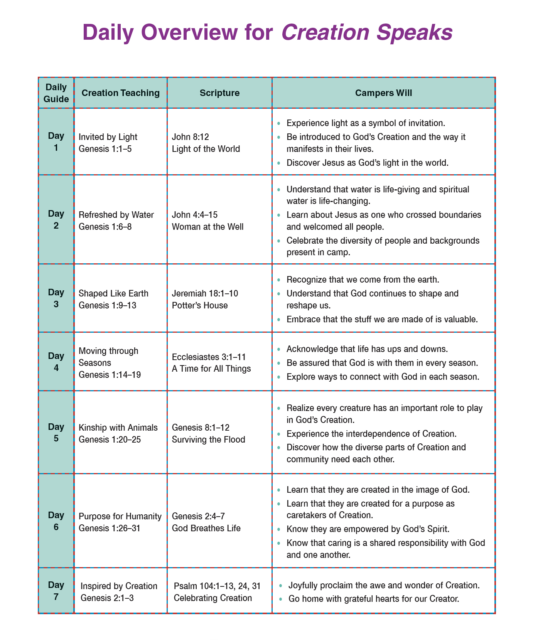Appreciative Inquiry
appreciation (noun)
a feeling of being grateful for something;
an ability to understand the worth, quality, or importance of something;
full awareness or understanding of something.
(https://www.merriam-webster.
Has the pandemic made appreciation easier or harder for you?
appreciate (verb)
to understand the worth or importance of;
to admire and value;
to be grateful for;
used to make a polite request.
(https://www.merriam-webster.
Has the pandemic made it easier or harder for you to appreciate?
The Christian Church (Disciples of Christ) recognizes October as Minister Appreciation Month. Specifically, October 10th, is the Sunday that many congregations will recognize their minister(s). In the next couple of weeks, pause for thirty minutes to write a note to a minister(s) that expresses your appreciation for their walk alongside you in faith. It doesn’t have to be lengthy.
Jesus often went away from the crowds to recharge his spiritual batteries for his life in ministry. Your note of appreciation might be that recharge moment your minister needs. Remember, the ministers among us have prayed for, modeled faithfulness, and led struggling people, struggling congregations, and struggling institutions through this pandemic while having their own professional and personal struggles.
Some of these struggles I share. Some I appreciate.


